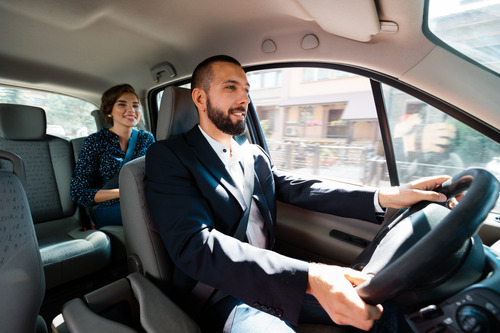
Rideshare Accidents
Can You Sue a Rideshare Company for Driver Negligence?
Uber and Lyft have changed the way we travel, with convenience and accessibility at our fingertips. But when an accident involving rideshare drivers happens, passengers, pedestrians, or other drivers can be left with serious injuries


